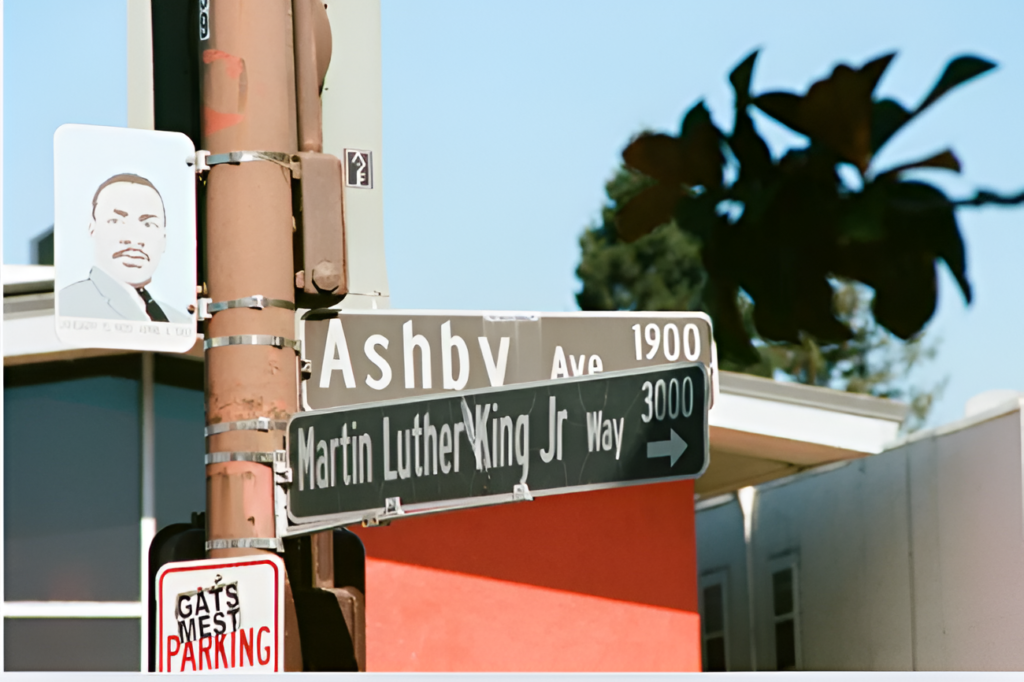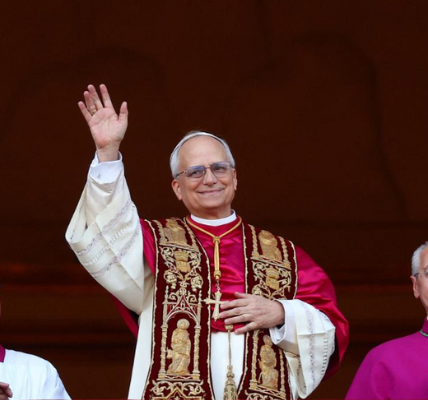
Each year, on the third Monday of January, Americans celebrate the life and legacy of Dr. Martin Luther King Jr., but for many, his influence is felt year-round through the streets that bear his name.
Estimates by Derek Alderman, a Geography professor at the University of Tennessee, suggest there are over 1,000 streets named after the civil rights icon worldwide. In the U.S. alone, there are at least 955 streets dedicated to King across 41 states, along with the District of Columbia and Puerto Rico. Some states, like Georgia, have as many as 128 streets honoring King, while others, such as Wyoming and Alaska, feature just one.
The trend of naming streets after Martin Luther King Jr. began soon after his assassination in 1968, with the number of such streets increasing following the establishment of the federal holiday in his name in 1983. Chicago is often credited as the first city to name a street after King, with South Park Way (now Martin Luther King Jr. Drive) on the city’s South Side, a predominantly Black area. Mayor Richard Daley’s decision to rename the road was partly a political move aimed at strengthening the city’s image and engaging Black voters before the 1968 Democratic National Convention.
Alderman’s research over the past 25 years reveals that streets named after King are typically located in cities with a significant Black population, often where Black Americans make up at least a third of the residents. These streets often become hubs of African American identity and culture, with local landmarks like churches, schools, barber shops, and community centers playing a central role in daily life.
While many of these streets are major thoroughfares in cities like Austin, Albuquerque, and Tampa, others are tucked away in predominantly Black neighborhoods. Despite their significance, not all have been met with universal approval. Alderman recalls instances, such as in Chattanooga, Tennessee, where real estate developers expressed concerns that streets named after King could carry “racial overtones,” potentially deterring businesses from renting office space.
Naming streets after Martin Luther King Jr. does more than just honor the man; it serves as a powerful statement about his lasting impact on American society. It invites reflection on whether his vision has been realized, and strengthens his place as one of the nation’s most influential leaders. As Alderman notes, the practice of renaming streets is part of a broader movement to acknowledge and address the historical exclusion of African American experiences and contributions from the national consciousness.

